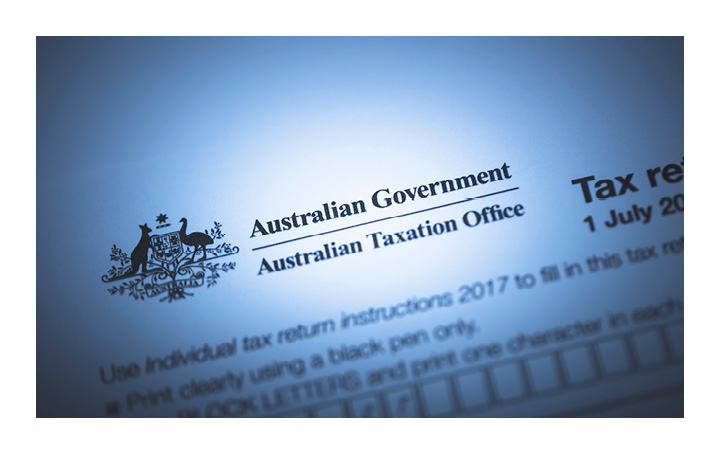

[column width=”1/1″ last=”true” title=”” title_type=”single” animation=”none” implicit=”true”]
Taking an extended job posting overseas? If you currently have an SMSF, there’s a risk your fund’s “central management and control” (CMC) will be considered to move outside Australia. This causes the SMSF to become non-resident, resulting in hefty penalty taxes, so it’s essential to plan for this before you go. Here are some solutions to consider.
Option 1: Appoint an attorney: Usually, every SMSF member must be a trustee (or director of its corporate trustee). However, an SMSF member travelling overseas can avoid CMC problems by appointing a trusted Australian-based person to act as trustee (or director) for them, provided that person holds the member’s enduring power of attorney.
However, the SMSF member must resign as a trustee (or director) and be prepared to effectively hand over control to their attorney.
You’ll also need to comply with the separate “active member” test, which requires that while the SMSF is receiving any contributions, at least 50% of the fund’s total asset value attributable to actively contributing members is attributable to resident contributing members. So, you may need to stop SMSF contributions entirely while overseas. Making contributions into a separate public offer fund could be a solution.
Option 2: Wind up: You might consider rolling your super over to a public offer fund and winding up the SMSF. This option deals with the CMC issue (as control lies with the professional Australian trustee), and you can make contributions into the large fund without worrying about the “active member” test.
However, you’ll need to dispose of the SMSF’s assets first and this may trigger capital gains tax (CGT) liabilities. These disposals will be partly or even fully CGT exempt if the fund is paying retirement phase pensions, so talk to your adviser about the expected CGT bill in this case.
Option 3: Convert to a small APRA fund: Like SMSFs, “small APRA funds” (SAFs) have a maximum of four members but they are run by a professional licensed trustee, rather than by members. Although this may be expensive, it takes care of any CMC worries, and on conversion the fund won’t incur any CGT liabilities because the assets remain in the fund.
The downside is you’ll also need to comply with the “active member test” so, as in Option 1, you may need to stop all contributions into the SAF.
If you’re moving overseas, contact us to start exploring your SMSF options to protect your super against residency issues.
[/column]